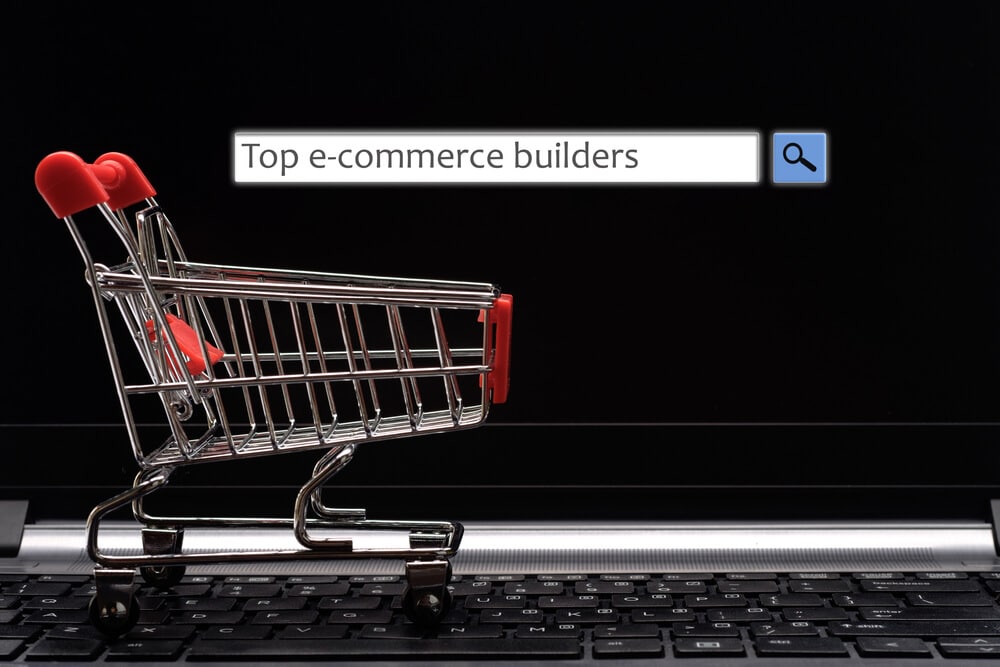As an e-commerce company, your website is the equivalent of your physical store-front. Your choice in website builder is the same as deciding whether to use bricks or plaster to construct the foundations. Other equivalent factors, including how many windows you have, the layout of your rooms, and the ambiance of your lighting, are all dictated by what content management system you decide to use.
With that in mind, your initial decision to use a particular CMS becomes incredibly important.
Once you have decided to use a CMS, there are many options out there that you will need to sort through. New content management systems are popping up all the time, but not all possess the kind of power and customization needed to build a state-of-the-art e-commerce store.
A Kentico developer in Melbourne may be biased, but they will tell you that the Kentico platform is definitely the way to go. But don’t just take our word for it. Read on to find out more about Kentico and how it ranks against its top competitors when it comes to building innovative, engaging e-commerce stores.
What does an e-commerce website need?
To better understand what you should be looking for in an e-commerce website builder, it’s a good idea to first run through a list of what an e-commerce store needs. This list contains both actual functions as well as general design and development considerations.
Mobile-friendly: By some estimates, up to 72.9 percent of all online shopping transactions are completed via a mobile device. Suffice to say, if your website is not mobile friendly, you’re really going to struggle to remain competitive. A mobile friendly site is one that is responsive to your screen size and is specifically designed for the features and functionality of a smart device. If you need any further convincing, American supermarket giant Walmart increased their online sales by 98 percent after taking the time to make their website mobile friendly.
User reviews: Given the ever increasing numbers of online scams, many shoppers have rightly expressed concern about their security. Including user reviews on your site is one way of assuring potential customers that you are a legitimate company who will take their privacy seriously.
Don’t fall into the trap of including only positive reviews. Doing so may actually have the opposite effect. No one is perfect and all businesses are likely to attract a few disgruntled customers. While you can curate your reviews, ensure you include a mix of positive, negative, and those that include constructive criticism to build consumer trust.
Also check Top 5 WordPress Text Editor Plugins
Standard e-commerce features: There are certain features that everyone expects an e-commerce store to have. Not offering these tools, resources, and services can be an instant turn-off for potential customers.
Take a wish list, for example. It might not seem like too big of a deal but given the vast number of e-commerce stores that do offer this feature, not building it into your store can suggest unprofessionalism and a lack of connection with the e-commerce community. Research from Google suggests that 40 percent of online shoppers believe their experience would be better if the store offered a wish list. Need we say more!
Other standard e-commerce features that must be included in your website include a customer login, contact information, links to social media, a privacy policy, order tracking, and live chat.
Security features: As mentioned, security is a top concern for all online users. Completing a transaction online generally requires you to entrust the store with a wealth of personal data, including your name, address, contact details, and payment information. All of this should be protected using appropriate security software, such as an SSL certificate, two-factor login authentication, a firewall, secure payment options, and a clearly defined and accessible privacy policy.
E-commerce website builders
Feeling overwhelmed? Don’t worry — including all of the above mentioned features doesn’t have to be too difficult, particularly if you are using a CMS platform that is specifically designed for e-commerce development.
Take Kentico, for example. The software has long been one of the most popular CMS platforms, for good reason. A Kentico developer in Melbourne will tell you that the types of integrations and plugins make building a responsive e-commerce store simple. Kentico is also a dream for online marketers, coming packed with analytic and SEO features that make tracking customer data a breeze.
Of course, Kentico isn’t the only e-commerce website builder out there. There are many general CMS platforms — including WordPress and Drupal — that are powerful enough to build you an online store that will run efficiently and stand out from your competitors.
But if you were building a physical retail store, you would want to customise the space as much as possible. A general building just wouldn’t cut it. With that in mind, a specialist CMS platform like Kentico is certainly the way to go.


